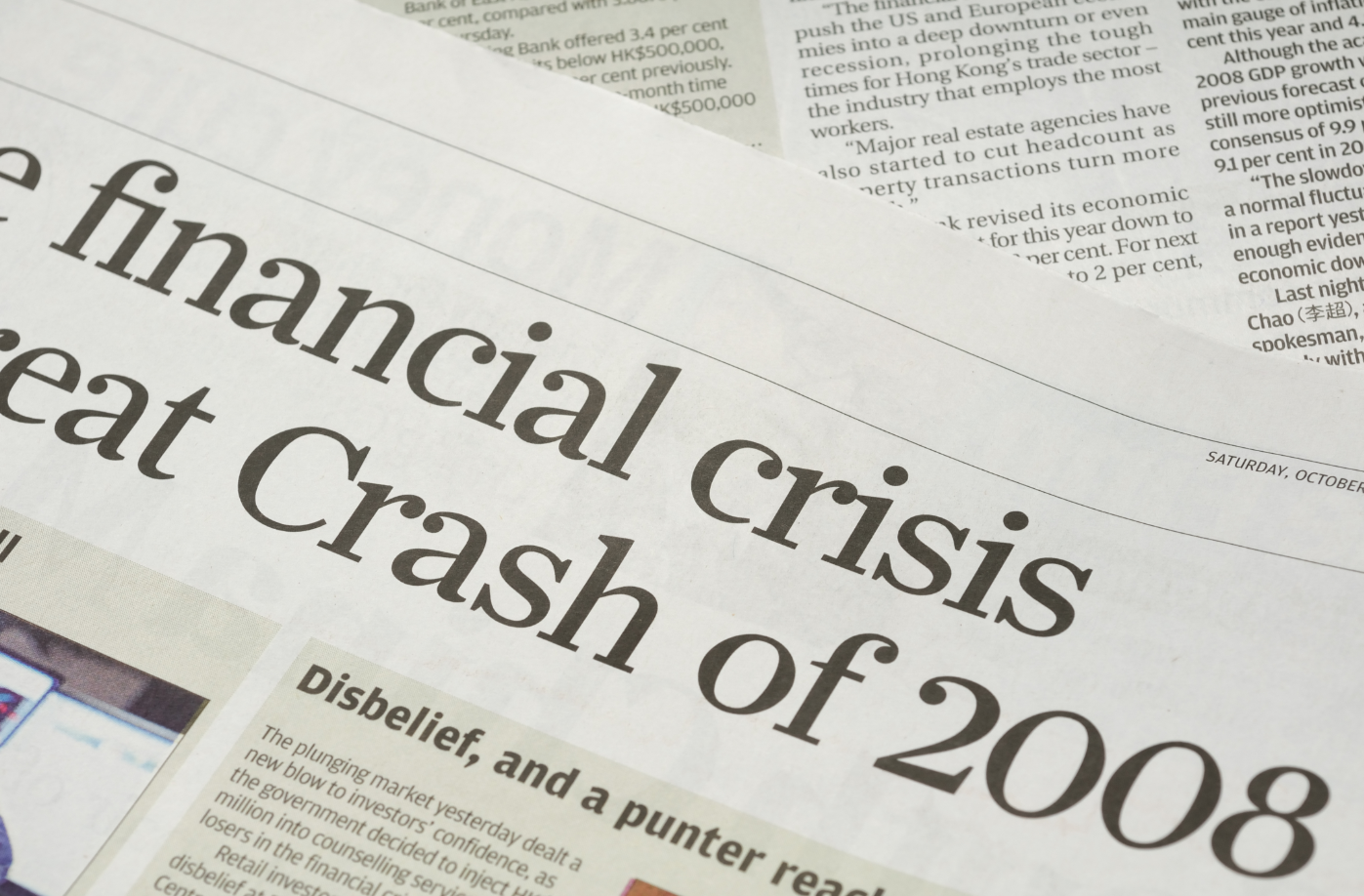Metaverse touted as means to democratize access to technology

By Brontë H. Lacsamana, Reporter
THE METAVERSE, a virtual world that relies on technologies like artificial intelligence (AI) and blockchain, is seen as the next big thing by companies like Meta, as it is seen to change the way we work and connect with each other.
“It’s the virtual equivalent of being together. It’s going to be as close as possible to that,” John Rubio, country director of Meta Philippines, said at the BusinessWorld Virtual Economic Forum on Thursday.
Mr. Rubio described the metaverse as an immersive world of interconnected virtual spaces and three-dimensional experiences where one can move around via an avatar.
An early example of this is Meta’s platform Horizon Workrooms, a virtual reality (VR) meeting space where work colleagues can connect and collaborate in real time. Unlike the usual video conferencing platforms like Zoom, each person can actually feel and hear as if they are in a real-life meeting room.
Mr. Rubio added that this vision presents an opportunity for brands and businesses.
“Imagine being able to quickly press a button and you’ll have a virtual avatar assistant of your bank or digital wallet right beside you helping you sort out [your problem] at that moment,” he said.
Similar to what happens in a Facebook or Instagram feed where ads are aligned with one’s passions and interests, virtual billboards can also allow people to click and create a path to purchase with almost no friction.
“You can directly interact with your consumer whether it’s to solve problems for them or to sell your new products,” said Mr. Rubio.
EVOLUTION OF TECH
It will not only be big brands and businesses making use of this technology. The democratization of these tools for small and medium enterprises (SMEs) will allow anyone from Luzon, Visayas, or Mindanao to sell in other regions or around the world.
This will also benefit other use cases like travel and education, with people being able to see any tourist spot in the world without having to physically go there or practice heart surgery via 3D modelling without operating on a real body.
“Imagine a world where you could go back to a different place in a different time and actually experience that. Imagine how immersive that could be,” Mr. Rubio said.
This vision is about a decade away, however, he warned. Companies like Meta are building the foundations for it, but it won’t be fully realized until the next five to 10 years.
A major requirement is fast, reliable Internet, which the Philippines is far from attaining. United Kingdom-based analytics company Opensignal Ltd., ranked the Philippines’ mobile download speed 67th out of 100 global markets as of the fourth quarter of 2021.
Still, enterprises must already begin preparing for the future.
“Every company should take their current plans and continue on their digital journey, especially after COVID-19 (coronavirus disease 2019) which accelerated a lot, and then slowly start incorporating a lot of these experiences that we’re talking about as [the metaverse] comes to fruition,” said Mr. Rubio.




